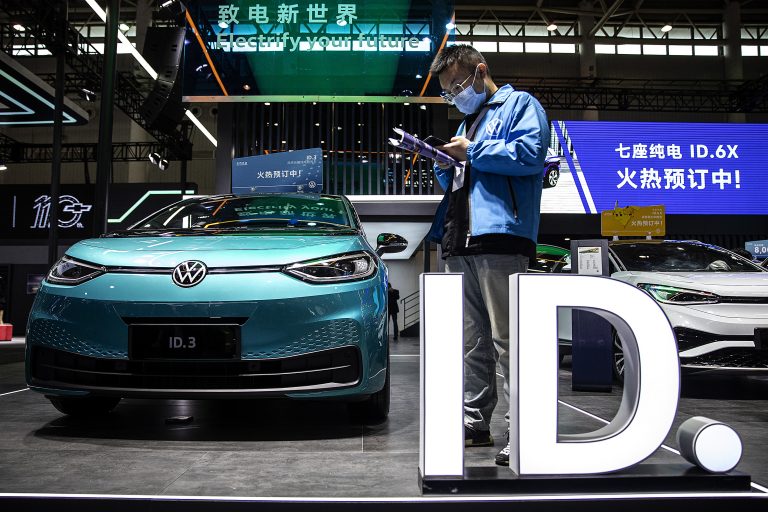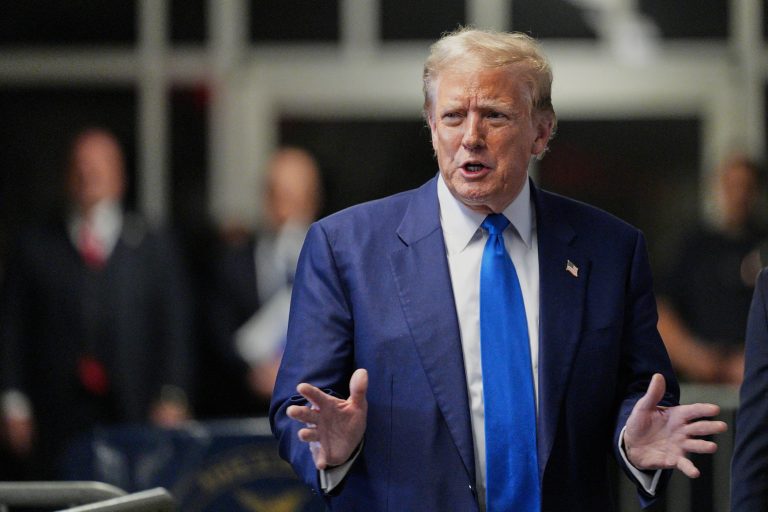As the year 2022 approaches, Beijing has to overcome several fundamental issues facing its technology sector to prepare for what’s to come. Controversies and other problems are currently rocking the communist government, creating questions as to how China will progress in the future.
Assault on tech development
The Chinese Communist Party (CCP) launched a crackdown on its tech sector last fall, creating at least 19 “major regulatory actions” to be implemented by the end of 2021. The rules were made to recognize and handle primary concerns like monopolistic practices and to manage the free flow of information, prompting the government to censor its opposition.
Actions taken by the CCP include enforcing control over social media and e-commerce sites, intimidating cryptocurrency miners, implementing regulations for video-game developers, all while planning restrictions on how companies utilize algorithms.
The government released a series of anti-monopoly guidelines in November, targeting monopolistic practices for regulators, which led to internet services and e-commerce sites taking the brunt of the crackdown. Guidelines introduced in Feb. 2021 further affected internet platforms and enhanced the power of existing restrictions on China’s tech giants.
Recently, tech giant Tencent was suspended from releasing new apps or updating current ones as part of a “temporary administrative guidance,” placing other app developers operating in China at risk as well.
Success
You are now signed up for our newsletter
Success
Check your email to complete sign up
A major data protection law passed in Aug. 2021 ensures that the CCP has control over how user data is collected and administered within tech companies, forcing said companies to provide their services to users without question.
Despite the crackdown, long-term investors are continuing to buy shares in China’s tech firms for their own prospects, but wealth manager Tariq Dennison of GFM Asset Management agrees that the regulations are “more likely to entrench [the tech firms] and to give them wider moats.”
Dennison also believes that the crackdown on the tech sector could last up to 30 years.
Semiconductor industry
The technology standoff between the U.S. and China has pressured Beijing to strive for “increased self-sufficiency across a variety of sectors.”
Semiconductors are crucial to the development of everything from cars to mobile phones, but the communist-ruled nation has been unable to compete with other countries due to the semiconductor supply chain being dominated by foreign companies.
The country’s semiconductor output is said to have dropped from 30.4 billion units to 30.1 billion in October, due to disrupted supply chains.
China’s own contract chip manufacturer Semiconductor Manufacturing International Corporation (SMIC) is behind competitors, primarily Taiwan Semiconductor Manufacturing Company (TSMC), being unable to develop up-to-date chips. A report by CNBC indicated that China is dependent on foreign technology to develop its latest chips. Its inability to manufacture enough chips is further hindered by U.S. sanctions on Chinese tech firms.
‘Frontier’ tech
China made plans to make “science and technology self-reliance and self-improvement a strategic pillar for national development,” focusing on areas it views as “frontier technology,” like artificial intelligence (AI) and space travel. Tensions with the U.S. and the COVID-19 pandemic will challenge China even as economists predict China will be the largest economy in the world.
The CCP has plans to expand its technological competition with the U.S. in space, having already launched an unmanned mission to Mars while sending astronauts to its own space station. However, its conflicting political views with the U.S. could also prove troublesome to its development, even as the government plans to send a crew to the red planet in 2033.
Heavy investments by China’s tech giants in developing AI could also prove costly for the nation.
Electric vehicles
China is also planning to roll out electric vehicles in its efforts to “reduce [carbon] emissions” and become “carbon neutral” by 2060, pulling in tens of thousands of companies to contribute to the effort, even if many of them have not made any vehicles.
Smartphone company Xiaomi plans to mass produce its own electric vehicles in 2024, while search giant Baidu formed its own electric car business, partnering with automaker Geely.
According to market research firm Canalys, in the first half of the year, around 1.1 million electric vehicles were sold in China, making China the world’s largest electric vehicle market.
A slowing economy
Currently, China is suffering from slow growth in its economy, caused by issues such as power shortages and its attempts to control expansion within the real estate sector.
According to the National Bureau of Statistics, China’s third quarter gross domestic product (GDP) grew 4.9 percent, short of the anticipated 5.2 percent expansion analysts had calculated. Power cuts in China in September are the result of restrictions on imports of Australian coal, and plans to reduce carbon emissions among other things.
Recently, e-commerce giant Alibaba saw its shares drop nearly 11 percent as a result of the slow growth of China’s economy and the CCP’s crackdown, a report by CNN stated. The company’s shares have also fallen 41 percent year-to-date.














